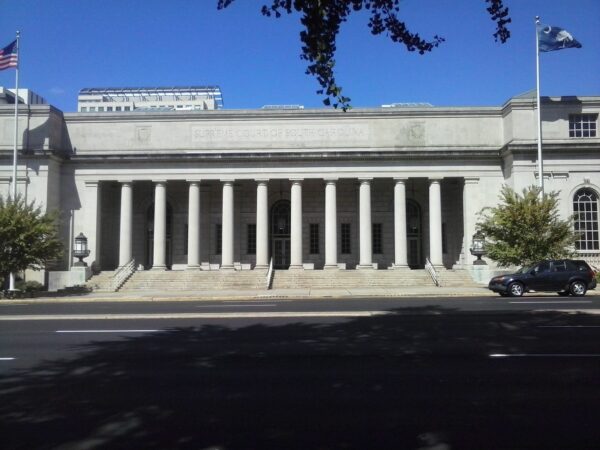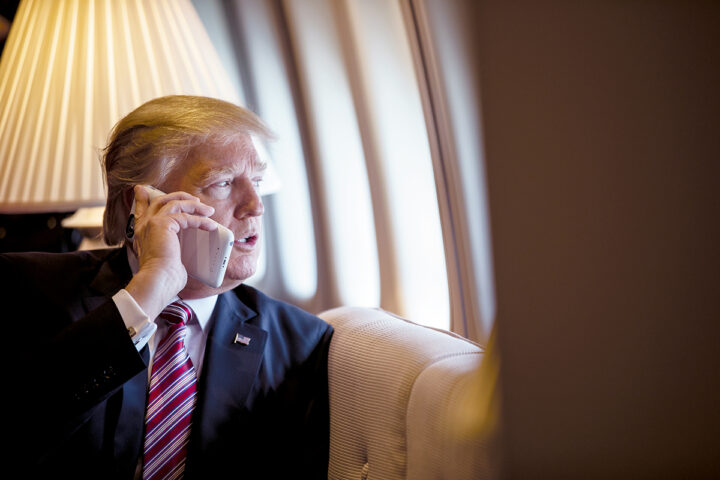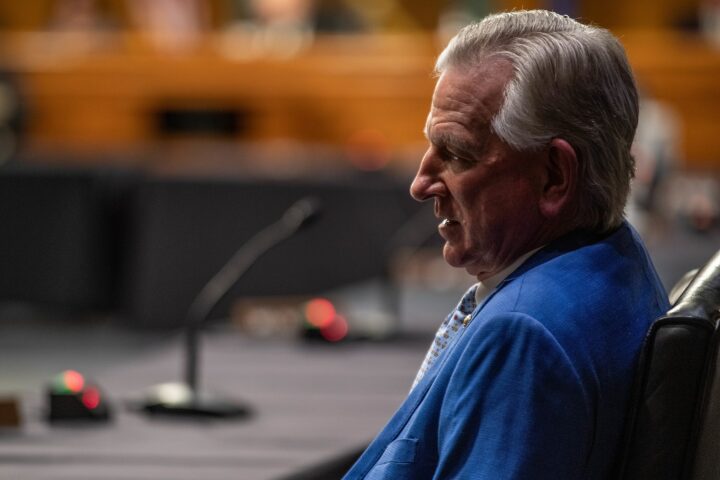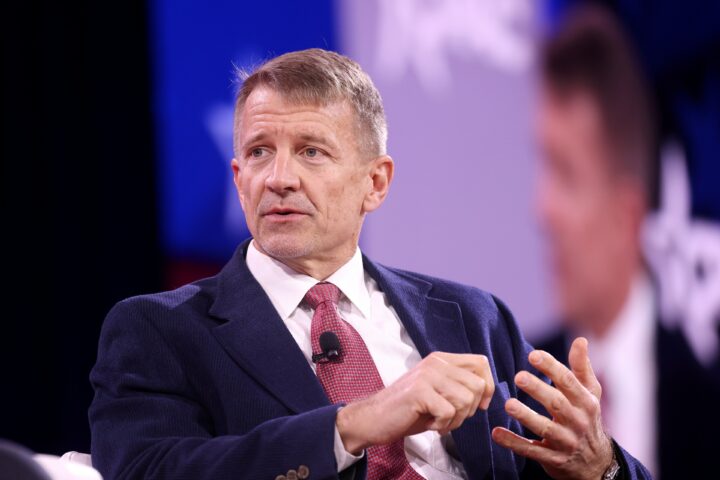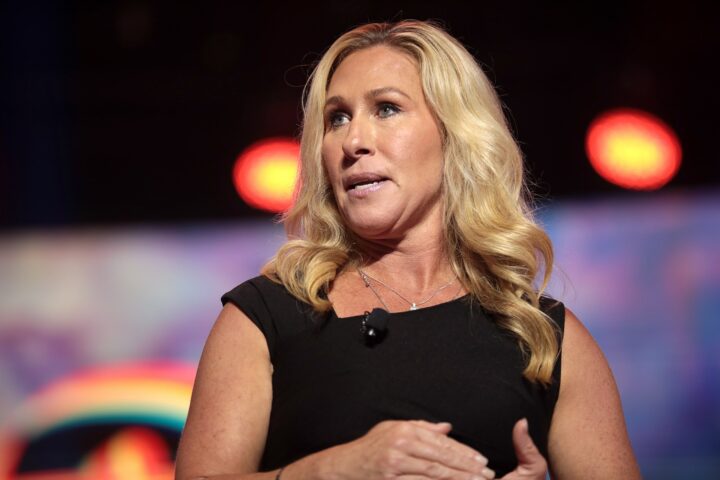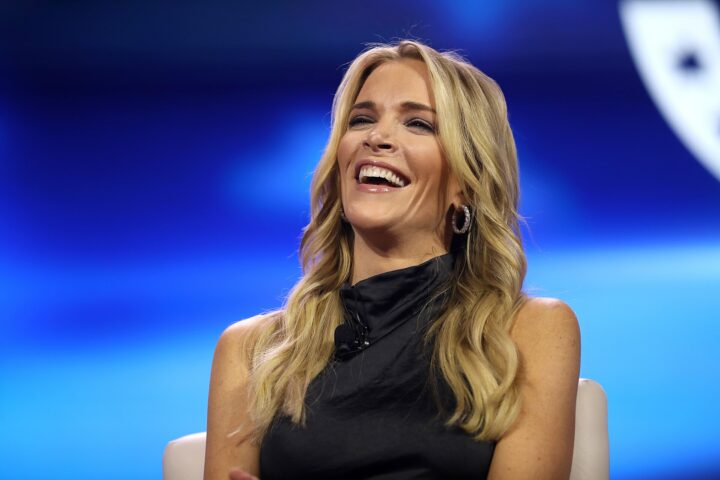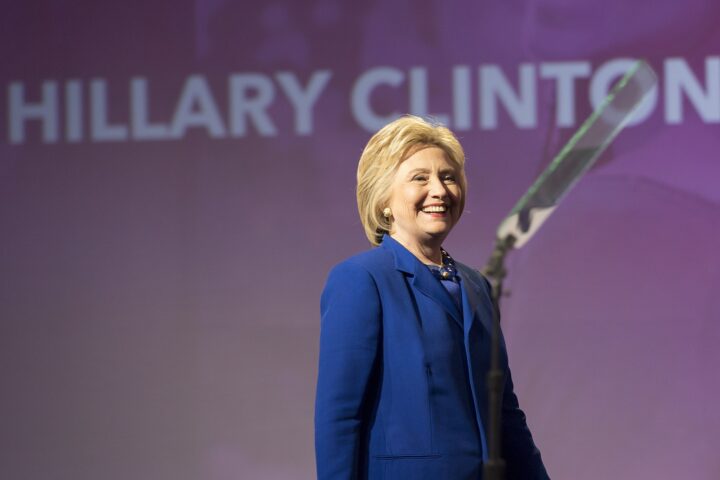In a unanimous decision on Thursday, the Supreme Court reportedly sided with Catholic Charities, declaring that Wisconsin’s denial of a religious tax exemption violated the First Amendment.
The ruling overturned a previous opinion from the Wisconsin Supreme Court, which had determined that the Catholic Charities Bureau, an arm of the Diocese of Superior, did not qualify for the state’s tax exemption because it was not “operated primarily for religious purposes.”
Justice Sonia Sotomayor, writing for the Court, emphasized the importance of maintaining governmental neutrality among religions. “It is fundamental to our constitutional order that the government maintain ‘neutrality between religion and religion,’” she stated.
The ruling underscored the necessity for the government to avoid imposing a denominational preference, which would require the highest level of judicial scrutiny.
Justice Clarence Thomas concurred, adding that the Wisconsin Supreme Court’s ruling infringed upon the “church autonomy doctrine.”
He noted that Catholic Charities operates as an extension of the Diocese of Superior and that the state should have respected this relationship.
“Catholic Charities and its subentities are, from a religious perspective, a mere arm of the Diocese,” Thomas wrote, arguing that the court’s failure to recognize this amounted to an unlawful redefinition of the Diocese’s internal governance.
The case arose from a conflict over tax exemptions that Catholic Charities had sought for its operations, which serve a diverse population regardless of religious affiliation.
Eric Rassbach, Vice President and Senior Counsel of the Becket Fund for Religious Liberty, who represented Catholic Charities, expressed relief at the ruling.
“Wisconsin shouldn’t have picked this fight in the first place,” he stated. “It was always absurd to claim that Catholic Charities wasn’t religious because it helps everyone, no matter their religion.”
The Supreme Court’s decision reaffirms a core principle of American constitutional law: the protection of religious beliefs and practices from government interference.
Rassbach noted that the ruling reinforces the idea that the First Amendment protects all religious beliefs, not just those favored by the government.
This landmark decision is likely to have implications beyond Wisconsin, as it addresses the broader issue of religious exemptions and the role of faith-based organizations in public life.
As the court continues to navigate the complexities of religious freedom, this ruling could serve as a precedent for similar cases involving the intersection of faith and governmental regulations.
As the ramifications of this decision unfold, the ruling stands as a significant affirmation of the rights of religious organizations in the United States, potentially shaping future discourse on the relationship between church and state.
[READ MORE: Trump Signs Proclamation Banning Foreign Students From Enrolling at Harvard]

